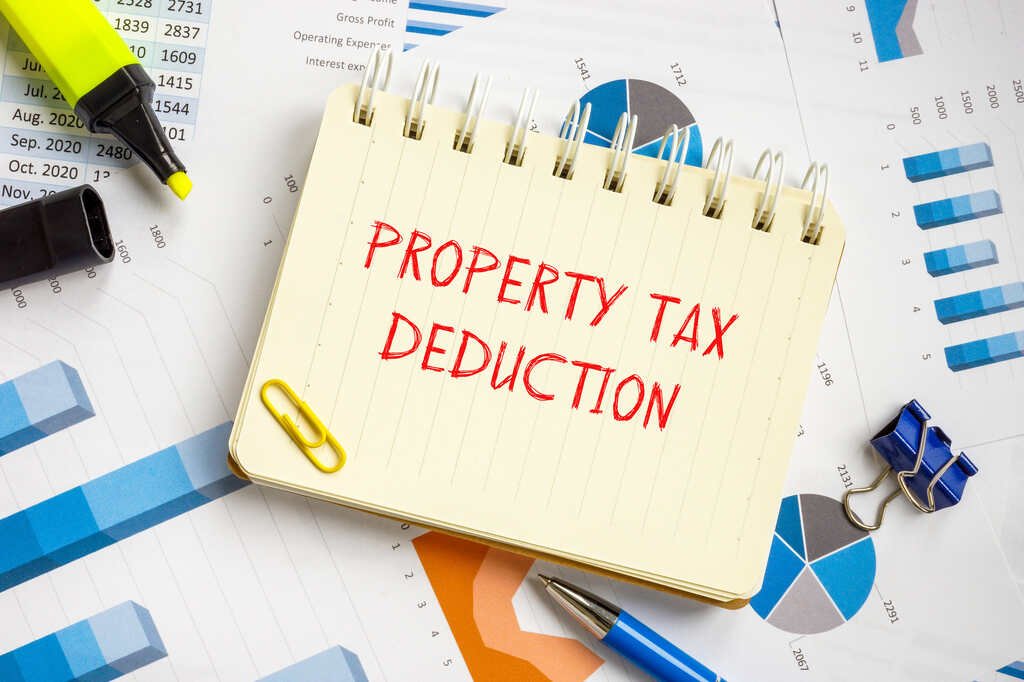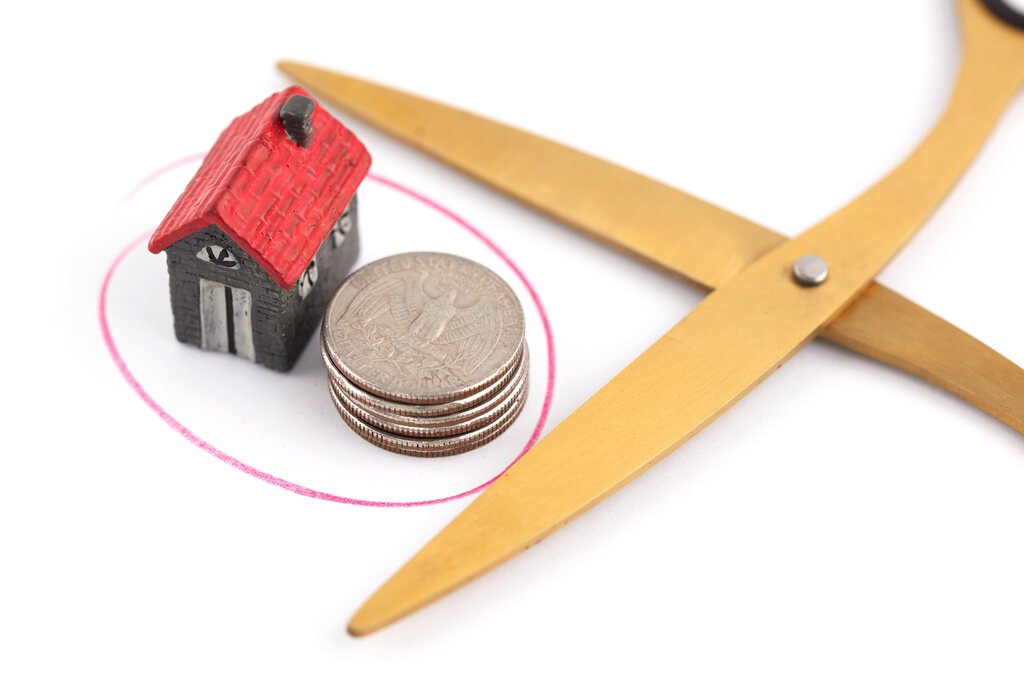One way to achieve financial freedom is by owning an investment property. Investment property is one of the best ways to obtain passive income. But owning one can cost money. It’s because property owners need to pay taxes each year.
However, taxes don’t need to cost too much. Therefore, owners must look for ways to look for advantages using tax breaks. If you’re one of the property owners, do you know enough about several tax deductions you can take?
This article will teach you what you need to know about tax deductions:
What Is Tax Deduction?
Tax deduction refers to an amount you can deduct from your taxable income, lowering the amount of tax you owe. In this case, if you own a property, this amount can include the property-related expenses you had. However, for tax deductions in Australia, you can only claim them if your property is rented or available for use or service.

6 Tax Deductions to Take Advantages of
Now, these are the following tax deductions you can take advantage of:
1. Depreciation
Depreciation refers to reducing assets’ value over time due to wear and tear. As a property owner, you must have an understanding how depreciation affects you and how to use it to obtain tax deductions.
According to Australian law, if a property was built after September 15, 1987, owners can claim wear and tear on the building’s structure at a rate of 2.5% for up to forty years. For example, if your property was built on September 16, 1993, then you can claim a depreciation deduction.
Therefore, if it cost AUD$500,000 in 1993, you could claim a depreciation deduction of AUD$12,500 annually until 2033. Remember that you must only claim deductions while the property is rented or available for rent.
Aside from building depreciation, you should also include all the appliances you install in your property and consider that since it also loses their value over time. If you find it difficult, you can hire a depreciation specialist or a tax professional to help you out.
2. Marketing Costs
If you own a rental property, your property must be marketed like any other business. Therefore, you can decide to post about your property online. Moreover, you can also use print media, brochures, and signs. You compute all of your advertising and marketing expenses so that you can claim all of these against your income in the same year you paid for them.
3. Property Repairs And Maintenance
Your property requires maintenance to maintain its good condition. But it can cost you money to do this. Every maintenance and repair work in your investment property is an expense. This maintenance can include pest control, lawn care, and carpet cleaning.
Suppose a severe storm happened in your area a few months ago and badly damaged your property, causing a few broken roof tiles. Hence, it needed roof tiles repair and replacement. In that case, the money you spend on the repairs can be part of your deductions. Furthermore, hiring a professional roofer to do this must be included in the cost.
4. Traveling Cost
There are instances where your properties can be out of your locality, requiring you to have short or long hours of travel. You can include airfare, car and taxi costs, ride-sharing fees, and service tips. But before claiming deductions for your travel expenses, you must ensure that you’re in the business of letting rental properties or a part of an excluded entity.
Let’s say you are one of the property managers in a corporate tax entity, and you’re to inspect your tenanted residential property; since you’re part of a corporate tax entity, you can claim a deduction for your travel expenses.
For a better understanding, here are the other expenses you can claim. You can claim travel expenses when
- Collecting rent
- Doing regular inspections during the tenancy
- Doing property maintenance while it’s still rented out
It’s best to keep intensive records and receipts. On the contrary, you can’t claim tax deductions if you carry out repairs or maintenance to your property when it’s unavailable for use or service. In addition, you can’t claim expenses intended for personal use, private purposes, or not related to your rental property.
5. Property Managers And Agent Fees
Maintaining your property alone can be difficult. You will need assistance in the different aspects of your property to help manage it properly. The following property managers you can hire can include
- Depreciation expert
- Accountant and bookkeeper
- Landscape designer
- Interior designer
- Pest controller
All these professionals can help you maintain your property and provide other help you need. The fees you’re paying them can be included in your tax deduction. Also, suppose you hire an agent to collect rental payments, market your property to potential tenants, and maintain your rental. In that case, the cost of paying them is also tax deductible.
6. Legal Expenses
Managing your property can be stressful. Therefore, you might need to ask for legal advice and work on legal documents related to your property. Let’s say you want to evict a tenant in your rental property due to unpaid rent; you must include all the costs of preparing essential documents for the case.
Conclusion
The following tax deductions can be helpful for you as a property owner. If you own a property in Australia, these are the keys to maximizing your property’s profits while minimizing the tax you owe. Remember, saving money is wise instead of paying hundreds or thousands of dollars on your tax bill.
Recommended Posts:















